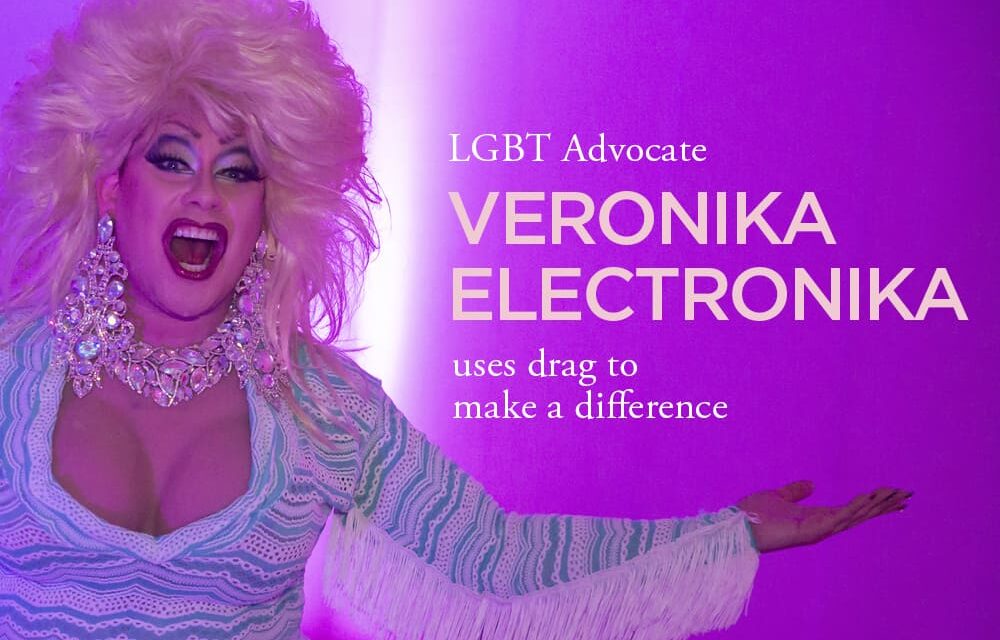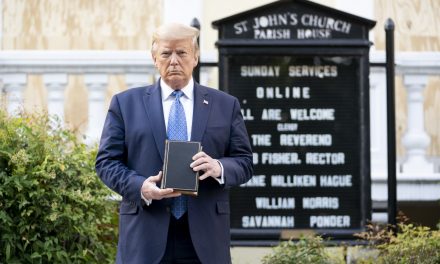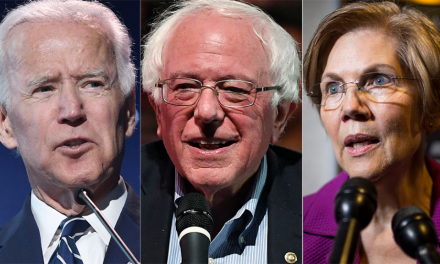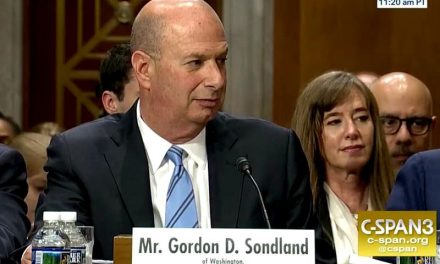Image Credits: National Archives.
I basically have no opinion about “drag shows.” They’re not my thing. That puts them in a category with auto racing and golf. They’re a genre of entertainment that some people love and some people don’t, including me. That’s why I find it crazy to talk about making drag shows illegal. What gives the government the right to tell people what they can watch? We’re not even talking about nudity, which is generally regulated to some degree.
At 5 Points Diner & Bar in Nashville, Tenn., drag performer Veronika Electronika can often be seen strutting between brunch tables. Her big hair, glitzy outfits and quick wit keep patrons on their toes.
Veronika’s lighthearted performances are a staple of Tennessee’s drag scene, but on a recent Saturday in December, she abruptly stopped her show to address a heavy subject: a proposed state bill seeking to ban drag acts — like the one she was performing at that moment — from public view.
“If that law passes, I would be committing a potential felony,” Veronika said, as the audience booed the bill. “If you’re not a fan of that bill, I highly suggest you contact your state legislator.”
Tennessee is one of at least five states where Republican lawmakers are considering bills to restrict drag performances. The measure, known as Senate Bill 3, was introduced by Tennessee Republican Senate Majority Leader Jack Johnson in November.
State Senate majority leader Johnson says, “The intent of the legislation is just to simply say that you cannot have sexually explicit entertainment … in a public venue where kids might be present.” Is a man dressed as a woman or a woman dressed as a man by definition “sexually explicit”? How about a cartoon rabbit?
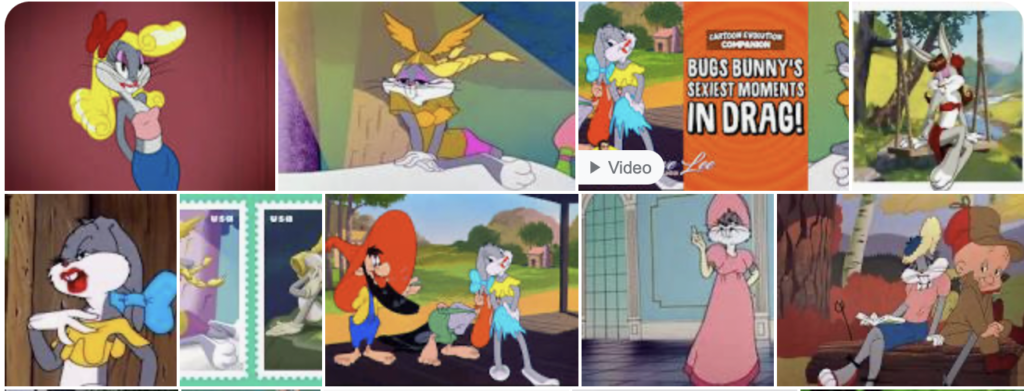
I think it’s worth remembering that during the period William Shakespeare was producing plays in England, it was illegal for women to play any of the female roles. This didn’t scandalize that very socially conservative society.
How about the GI’s from the so-called “Greatest Generation” that fought and won World War Two?
Early in World War II, the National Theater Conference lobbied to authorize soldier shows as “a necessity, not a frill.” By early 1942, approval was granted by leadership in Washington for the Special Services in concert with the United Service Organization (USO) and American Red Cross to begin soldier show productions to entertain the troops both on the homefront and abroad.
The Army Special Services produced, published, and distributed handbooks for soldier shows. These publications, known as Blueprint Specials, contained everything you would need to put on an approved and pre-scripted soldier show. Blueprint Specials for soldier shows even included dress making patterns and suggestions for material procurement. “Girly” show choreography was outlined in the publications to ensure that the GIs looked good in their highly choreographed “pony ballet” numbers. A pony ballet is one where groups of masculine looking GIs dress in tutus and perform ballet routines often wearing their army issued boots.
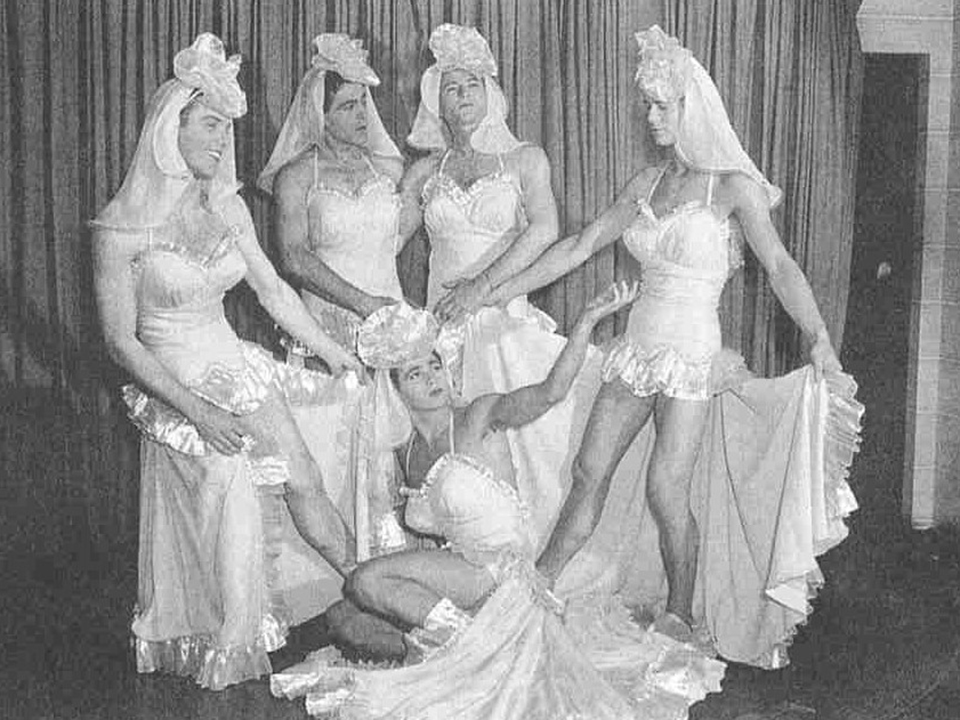
Army Signal Corps photograph.
Sexualized entertainment certainly includes cheerleading routines at high school sporting events, and pretty much all music videos. Are we back to complaining about Rock and Roll because the singers are gyrating their hips?
The Republicans are getting harder to distinguish from the Iranian government or the Taliban. They’re having some kind of panic about gender roles, and it’s not just dangerous for transgender people. It’s also just plain ridiculous.

